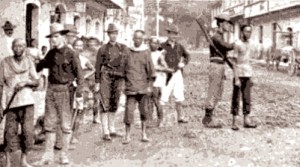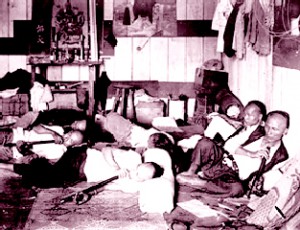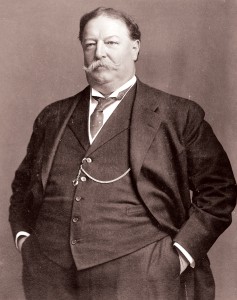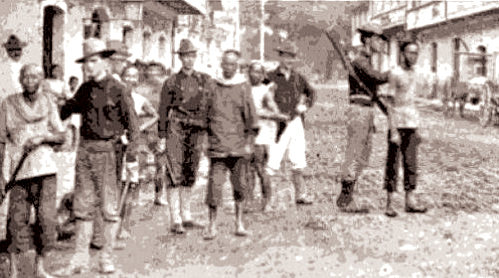

 By Ferdinand Phillip F. Victoria – The current global war against the recreational use of drugs traces its roots to an anti-drug policy implemented in the Philippines.
By Ferdinand Phillip F. Victoria – The current global war against the recreational use of drugs traces its roots to an anti-drug policy implemented in the Philippines.
This policy was based on a landmark 300-plus-page 1905 report of the Philippine Opium Committee ostensibly to make recommendations whether or not the United States govern-ment should regulate or prohibit the consumption of opium in the Philippines.
It was not the first to investigate whether opium use was good or bad for people. In 1864, a panel of Spanish officials in the Philippines studied the question.
The British Royal Commis-sion on Opium conducted a similar inquiry in 1894. Both affirmed that individual opium use was not detrimental to society. Yet within two decades, such a view fell out of favor. The Committee’s work must be seen in the context of the American belief in the uniqueness of its civilizing mission of empire.
The policy debate of July 1903 created the Committee. A strange coalition of religious lobbyists, private Chinese persons and opium dealers who stood to lose out on a government-run monopoly opposed the Philippine Commission-backed “Opie Bill”. A proposal to create the Committee was floated to conduct an in-depth study by compiling Philippine data and survey best practices in East and Southeast Asia. Philippine Governor William Taft initially thought of a two-man committee.
The Manila press agreed to the inquiry, proposing that the “Smelling Committee” (a reference to the projected opium tour) should “consist of one medical man of high reputation and professional attainments, one business man of standing and undoubted probity, and both unconnected with the government.”
The Commission named concurrent Philippine chief for Public Health, US Army Surgeon Edward Champe Carter (1854-1910) to head the team and Filipino pediatrician Dr. Jose Albert (1867-1946) as its second member.
A few days afterwards, the idea of a third member was floated and the press agreed, although it was unclear whether this was due to Taft’s initiative or pressure from groups that wanted to see an anti-opium advocate in the group.
The press thought that with the inclusion of Philippine Episcopal Bishop Charles Henry Brent (1862-1929) as the third member, the Com-mittee was now “in safe hands”. The newspaper Manila American, however, wrote a one-liner on Albert. It said: “Albert-Albert, professional Americanista?” It was perhaps a criticism that his appointment had less to do with professional qualifications than being head of the American-backed Federal Party. Albert also practiced at Brent’s medical facility in what would become known as the St. Luke’s Medical Center.
For seven months, the Committee went to Japan, Taiwan, Shanghai, Hongkong, Saigon, Singapore, Burma and Java to interview resource persons and collect data, accompanied by the multilingual Carl J. Arnell, their secretary and disbursing officer.
In Manila, they also interviewed several Filipinos and compiled “uniformly serviceable” data provided by twenty-two Provincial Boards of Health.
The Committee premised its recommendations on the idea that even with a relatively small number of users (around 1/3 of 1 percent of the total population), the more culturally open interaction among Filipino and Chinese will make its spread inevitable “as fire to the forest”, as evidenced by the rampant opium traffic in Southern Mindanao.
Although the impression was that Filipinos rejected opium use, their “relatively low degree of vitality” makesthem less able to retain self-control of the habit, his current state of poverty being the only obstacle for now.
If opium use lowered the capability of a Chinese person, then it is “more immediately disastrous” to the Malay who “with fewer gifts… in so doing touches the bottom of worthlessness.”
Therefore, a ten-year gradual phase-out under a government-run opium-dispensing scheme for current users was the proposal.
The American government responded by imposing a two-year phase-out period by 1908 and turning the opium user from a victim into a ‘fiend,’ whose decision to resist being “saved by legal force” will now have to be punished if only to be “cured of the habit by force.” The global war against the drug user had begun.








Leave a Reply